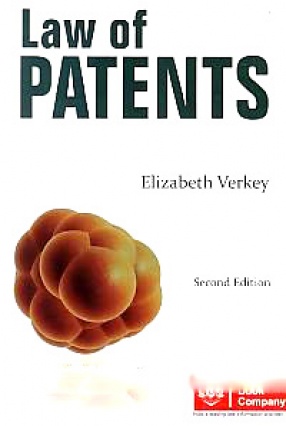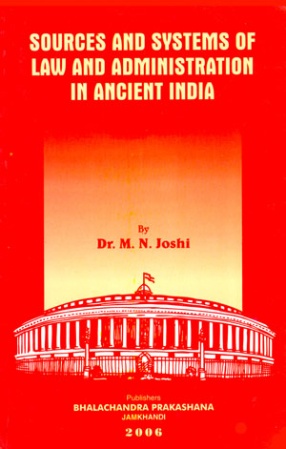Law of Patents
Synopsis
Intellectual property rights is a system that seeks to balance the two conflicting interests of the private inventor and the public. With the advances like biotechnology, computer software and shift from the process patent to the product patent, patent law is striving to keep pace with the changes in technology. This work is an endeavour to consider the issues addressed by the new technology. Apart from the changes made in the Indian Patent Act to cope with the requirements of the TRIPS agreement, the Patent Act has remained the same. In this context, the patent system has developed through the case laws rendered by the Judges who are the architects of law. The development of patent laws has been through the judicial system and hence case laws are very relevant. Care has been taken to incorporate case laws up to date which will prove useful in the context of analyzing the provisions of our Patent Act. This work will prove useful as a source book for the legal position of patent law in United Kingdom, United States and India. The exhaustive subject index will help to navigate through the text like a key word search. The importance of the subject in the present day and the lack of sufficient books that provide a detailed commentary on the Patent Act also prompted me to venture into this area. The work has been structured to meet the requirements of the practitioners and the academicians who need to find practical solutions to practical problems. Effort has been made to present a well-referenced and affordable volume of all material truly essential to patent practice in the courts and before the controller. The global scenario has been confronted with the diversity in the national laws. The developed countries like United States had its own system of protection, while the developing countries were oriented towards patent laws that were suitable to their conditions especially the provision on process patent. This led to divergence of the interests and the need for a uniform protection. The widespread practice of reverse engineering by the developing countries led to the inclusion of the Trade Related Intellectual Property Rights in the GATT. One of the major implications of the TRIPS agreement is the shift from the process patent to the product patent. India being a signatory to the agreement is bound to implement the provisions of the agreement and cannot take a retroactive stance. The Patents (Amendment) Act, 2005 is intended to satisfy this requirement. The work has been complemented by an exclusive chapter on the Patents (Amendment) Act, 2005. Our Patent system has utilized the British system as its drawing account and many provisions resemble those found in the Patents Act of United Kingdom and United States. A perfect blend of commentary and case laws in various jurisdictions, the book takes a practical approach. It provides a detailed, updated commentary on the Act and also explains the mechanism for applying for protection. The book aims to inform the readers of the patent law in the Indian Patents Act, Patent rules, United Kingdom Patents Act and also international treaties. The practicing lawyer engaged in applying these may find guidance in these pages.
Read more
36.00
32.4
$
40.00 $
Free delivery Wolrdwidе in 10-18 days
Ships in 1-2 days from New Delhi
Membership for 1 Year $35.00
Get it now and save 10%
Get it now and save 10%
BECOME A MEMBER
Books by the same author











Bibliographic information